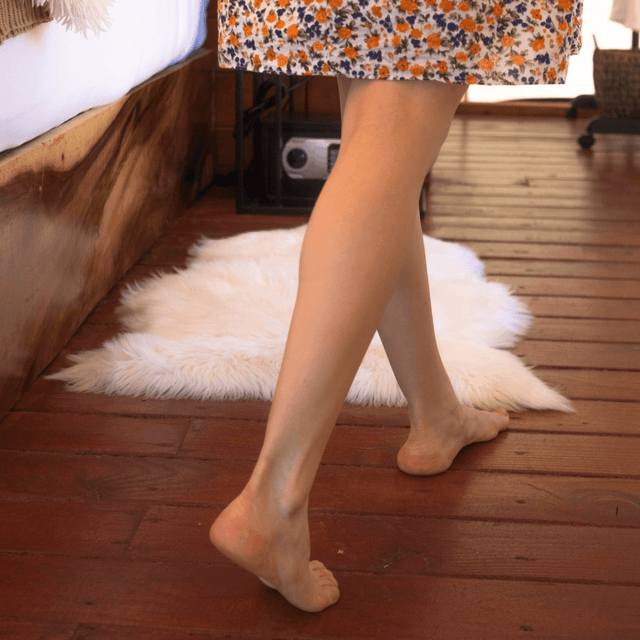Have you ever freaked out your roommates when they find you standing in random places early in the morning?
Turns out, you’re likely a serial sleepwalker along with the rest of the 15% of the population.
Sleepwalking, also known as somnambulism, is a disorder of arousal characterized by walking or other complex behaviors during sleep.
It is estimated that up to 15% of the population experiences sleepwalking at some point in their lives, although the exact number is difficult to determine due to underreporting and variability in diagnostic criteria.
It typically occurs during the deeper stages of non-REM sleep and can last from a few seconds to 30 minutes or more.
During a sleepwalking episode, you may get out of bed and walk around, engage in complex behaviors such as dressing, eating, or driving, or have a blank stare and not respond to verbal cues.
Sounds like you? “Umm, why are you doing laundry at 2 in the morning?” *blank stares*
Also, you are partially awake but still in a sleep-like state. You will not have any memory of the episode upon waking up and will typically return to bed on your own or with little assistance.
What’s more, during a sleepwalking episode, your body is in a state of partial muscle paralysis, which helps to explain why you are able to walk around while asleep without feeling pain or discomfort.
You may also have reduced sensitivity to your surroundings and not react to external stimuli. In other words, it’s hard to wake you up and interact with you when you are sleepwalking.
Sleepwalking is more common in children, with a peak incidence between the ages of 8 and 12, but it can also occur in adults. It is usually benign, but in rare cases, it can lead to injury or other complications.
You should note that sleepwalking can be a symptom of other underlying sleep disorders or medical conditions and can also be triggered by certain medications, alcohol consumption, or sleep deprivation.
If you or someone you know experiences frequent or severe sleepwalking episodes, it is recommended that you seek advice from a healthcare professional.

